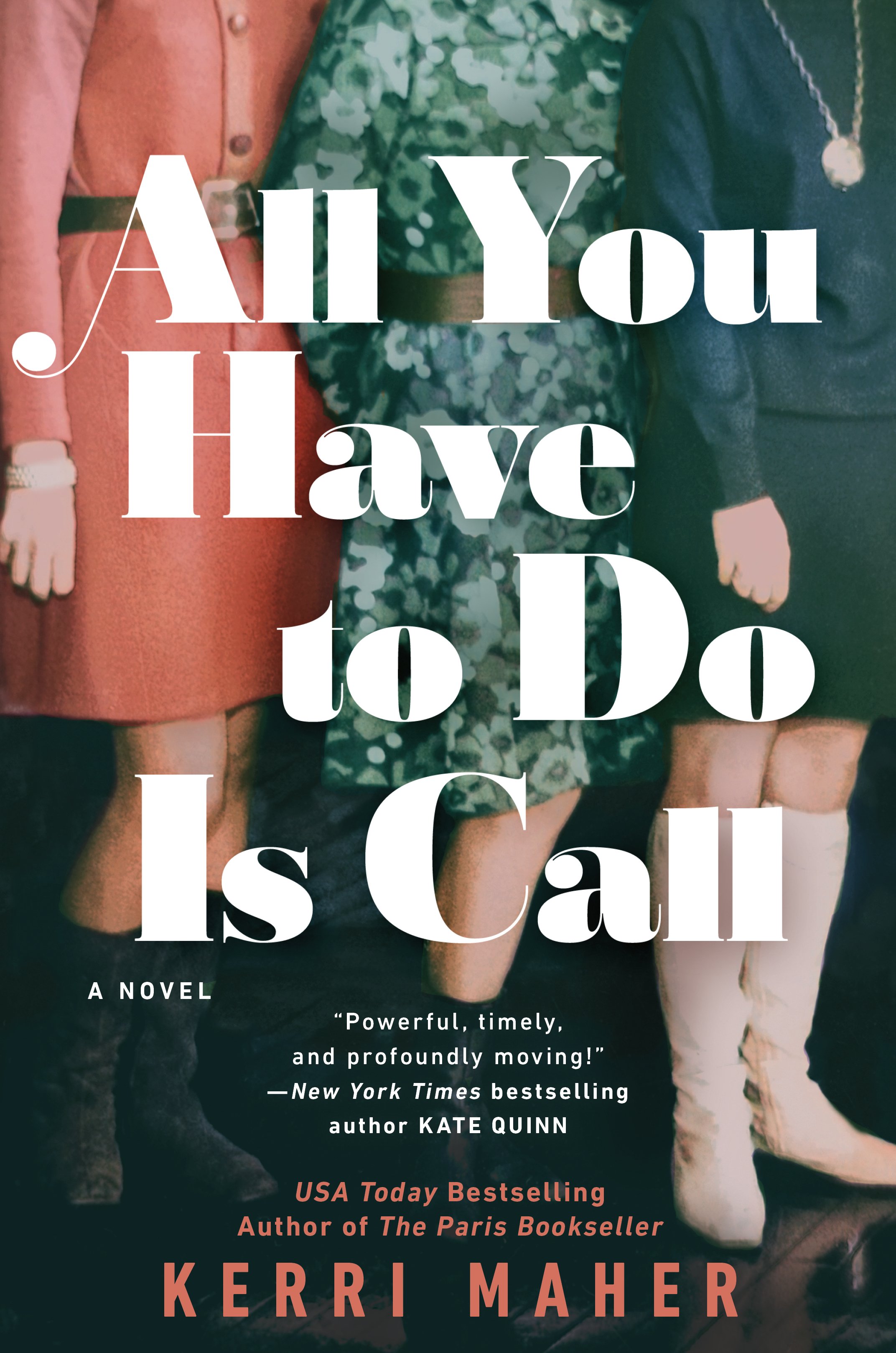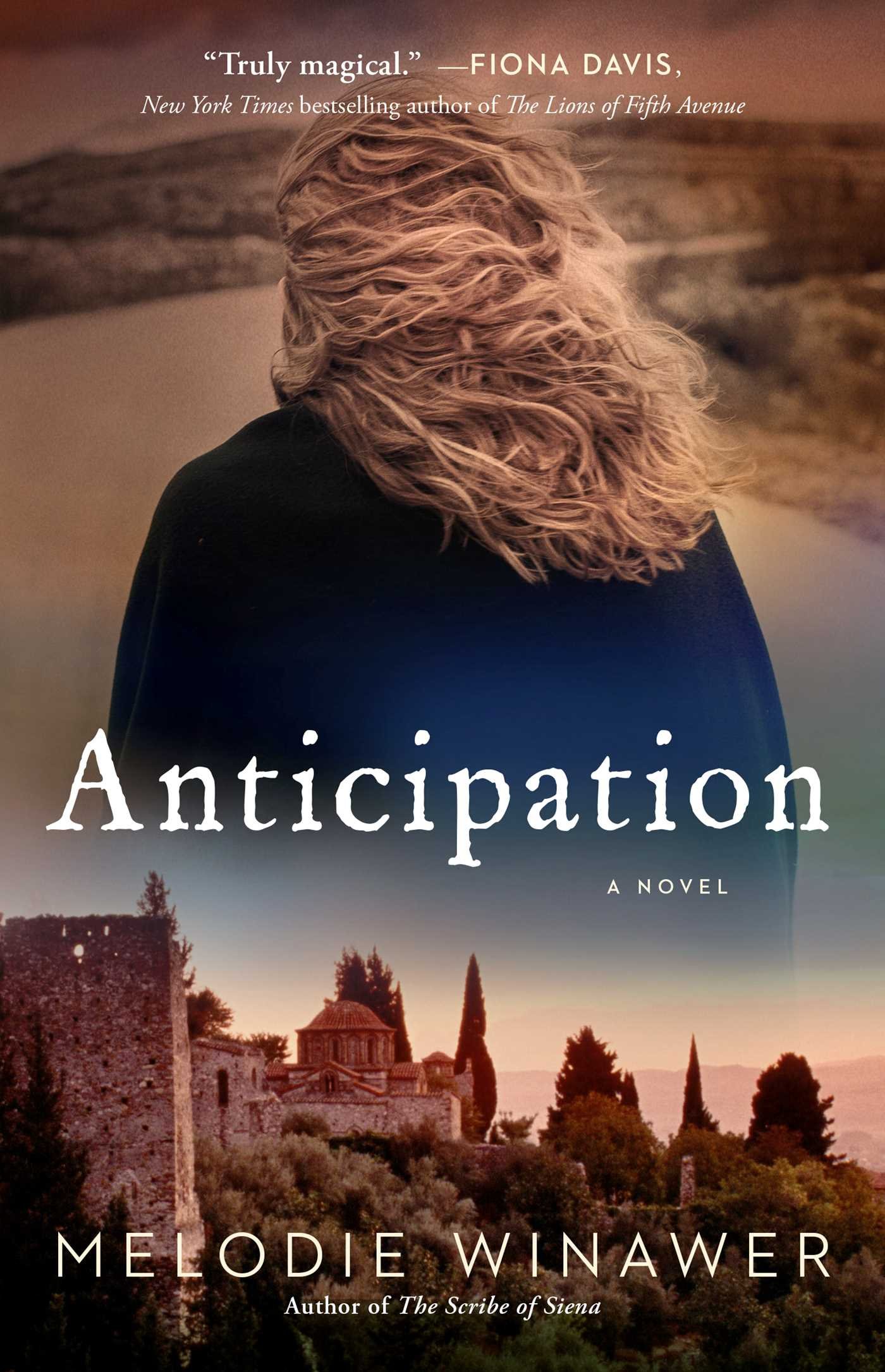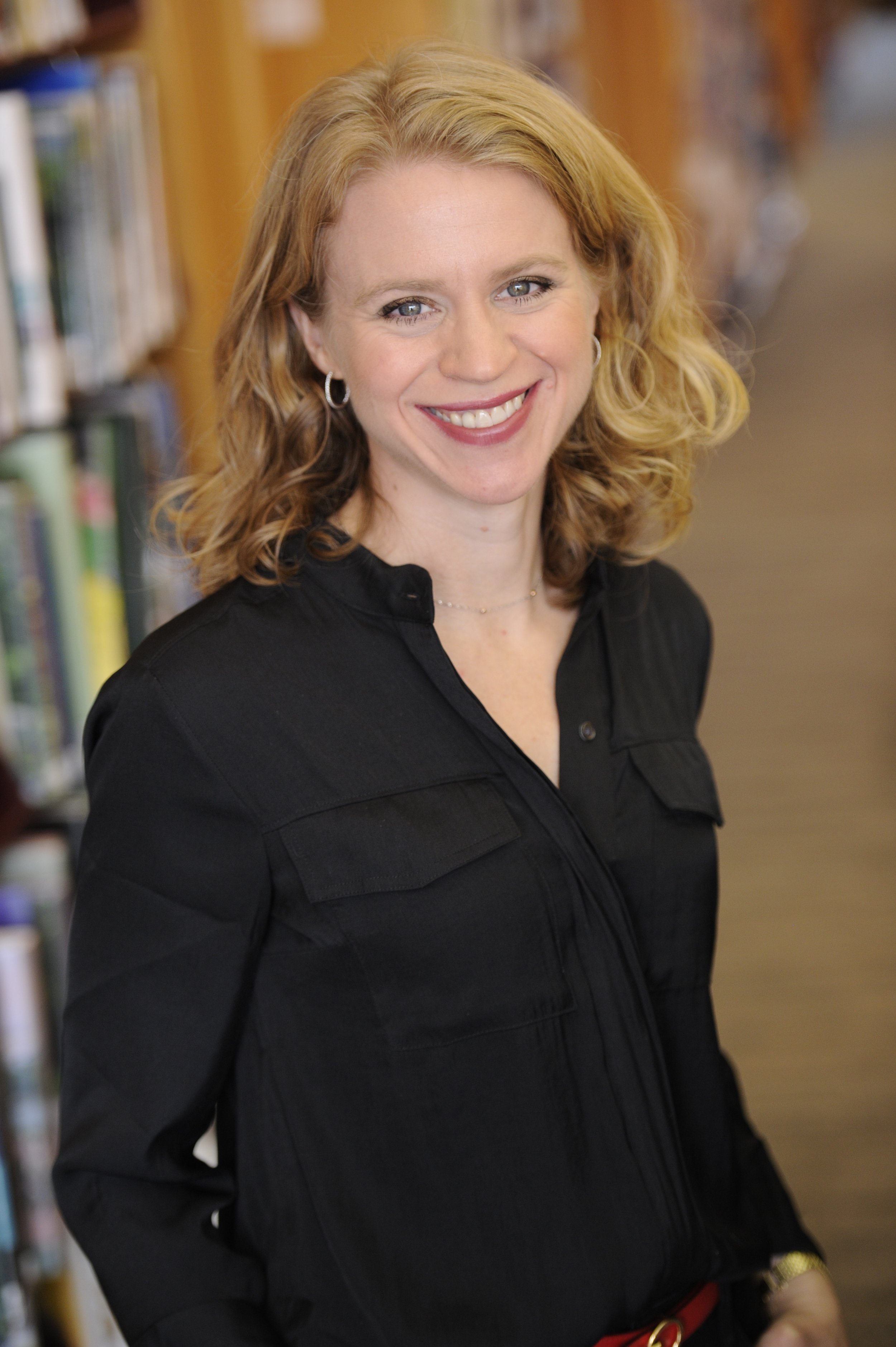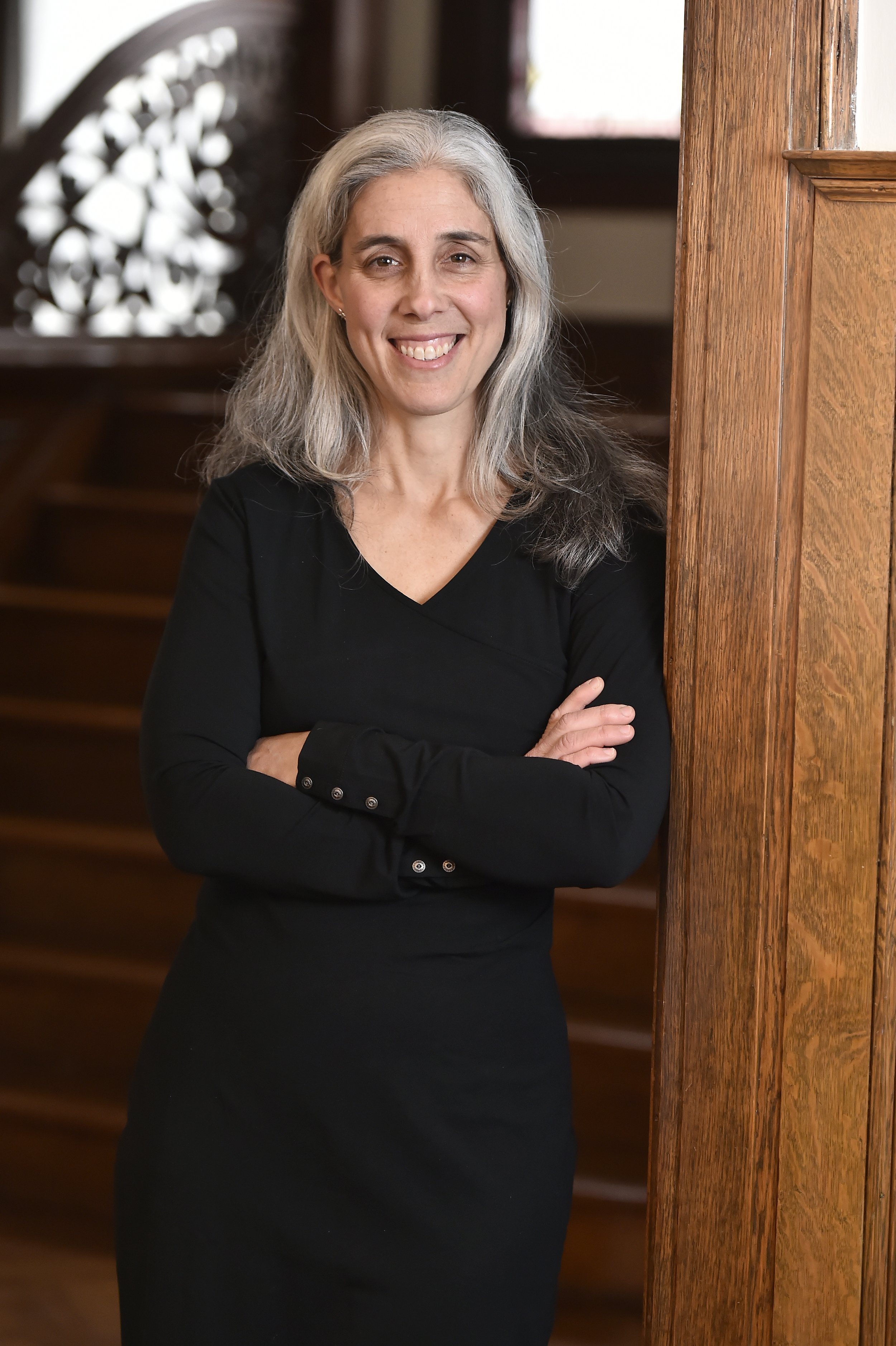By Patricia Mulcahy with Jane Rosenman, Judy Sternlight, and Anne Horowitz
Marjan Kamali, Mateo Askaripour, Juliet Grames
Building authentic enthusiasm for your novel or memoir—making it stand out and sell—requires creative energy, support from the publishing community, and luck. In a recent Office Hours session, co-moderated by Judy Sternlight, Jane Rosenman, and Patricia Mulcahy, we explored strategies with three top-notch writers who play an integral role in building their audiences:
Juliet Grames is the bestselling author of two historical novels, The Seven or Eight Deaths of Stella Fortuna and The Lost Boy of Santa Chionia. Her next novel, The Moody Mortician, is due out in 2027. Juliet is the editorial director at Soho Press and the recipient of the Mystery Writers of America Ellery Queen Award.
Marjan Kamali is the New York Times bestselling author of Together Tea, The Stationery Shop, and The Lion Women of Tehran. The paperback edition of Lion Women is currently on the Washington Post bestseller list. Her novels have been translated into over thirty languages.
Mateo Askaripour’s first novel, Black Buck, was an instant New York Times bestseller and a Read with Jenna Today Show Book Club pick. He received a 5 Under 35 award from the National Book Foundation. This Great Hemisphere came out in 2024 and his third novel, Pure Ox, is forthcoming in 2026.
Below are some highlights from the conversation, condensed and edited. LISTEN TO THE FULL SESSION HERE:
Q: How does a first-time writer garner publicity? Did you handle a lot of the work yourself? Did you work closely with your in-house publicist?
Juliet: “I’m a publishing professional, a book editor for twenty years, so I knew how the sausage was made. There are a million facets to book publicity and no author can excel at all of them. Deciding where to spend your energy is important. I worked with a thoughtful in-house publicist who was willing to take suggestions from me. And from experience, I knew when my suggestions should be kept to myself. Every author comes in and says, ‘Have you thought about this book for NPR?’ Trust me, the publisher has!
“There’s so much anxiety about the attention you’re not getting for your book. We writers converse among our friends. Comparing notes can lead to negativity and one-upmanship—which can really poison your relationship with your publisher and your publicist.
“Above all, remember that there are human beings on the end of all your asks. Be open, be creative, suggest ideas to your publisher when you have them, and remember the humanity of your publicity team. They’re fighting a lot of battles for you.”
Mateo: “Kindness matters, yes; but I don’t think it’s wrong to have professional adult conversations with your publicist to understand what’s going on. So with the publicist for my debut novel, I said, ‘Tell me what is hitting and what is not hitting.’ Publishing has been pulling similar levers for many years, and some of them still work, and some don’t. The world of publishing changes from year to year.
“My debut was profiled in the LA Times. By my second book, the LA Times wasn’t even profiling novelists. So we went with the LA Daily, which is more regional. If you are on NPR or on TV, that cuts through the noise. I know because I would look at Amazon to see my book ranking. That’s how I understood what was moving the needle.”
Marjan: “In the beginning, saying yes to everything is a good strategy. For my three novels, I visited over three hundred book clubs. Zoom has made this far easier. For me, connecting with booksellers and other writers at bookstore events has also been wonderful. And one event generates another. But after a while, it’s up to you, the writer, to say, ‘Okay, what’s my balance here? Am I going to be on book tour for the rest of my life, or do I need to scale back?” Now I’ve gotten to the point where I have to say no, because if I continue to say yes, then my next book will never get written. Normally, your publicist is with you for three months, and then they move on. So that’s the other thing to think about: It’s a short-lived situation.
Mateo: “Publishing a book was a dream for many years. So I made a marketing ideas document and put crazy things in there. I thought, ‘If I publish a book, I’m gonna go into the middle of Times Square naked with books all over and try to sell them. I’m gonna pose as a Barnes & Noble employee and just hand-sell my book to people until I get kicked out.’ I wanted to inject my particular flavor into the publishing process so that readers would get to know me and develop a connection with me and my book. It was a way to have fun but also to establish a genuine rapport.
“Black Buck is about the rise and fall of a young Black salesman at an all-white New York City tech sales start-up. I went to the four corners in Brooklyn where the book takes place, and I shot a rap video and posted it. Within twenty-four hours, we had about fifteen thousand views. I also created merch and tried selling it, but I ended up giving it away for free. I answered every DM and every email promptly because it shows engagement.”
Q: Did you hire a freelance publicist?
Marjan: “I had friends who hired independent publicists. Even if these writers got interviewed on radio programs or other venues, it did not necessarily make a large difference. So for my novels, I relied on my publishing house’s in-house team. The best publicity is word of mouth. If your mother or sister or husband or best friend says, ‘Hey, I read this great book, you should read it,’ that counts a hundred times more than your being on a radio show or posting on Instagram.”
Mateo: “I have never hired a freelance publicist. I’d rather spend that money on a vacation or do something nice for my parents. It’s all about focus. So, if you hire a freelance publicist, what are you looking to get? It’s incredibly important to be concrete about your publicity goals. Do you want to be a New York Times bestseller? Do you want to get on NPR? Very hard, right? But I think having clarity around what you seek via publicity and promotion will help control what you can do.”
Q: What strategies have been the most effective in helping you find your audience and build a lasting market that will continue to be there for your next books?
Juliet: “I love to talk about work that I’ve done. I write historical fiction. I spend years researching it; I have a million things I want to say. Knowing how to describe your book in twenty-five words is really important, but so is being able to isolate off-the-page elements, things that are newsworthy or conversation-worthy about the content or execution of your book.
“I write historical fiction about the Italian diaspora, so I have a handle there. Some of the pieces that have done really well for me just came naturally out of my research. I wrote a listicle about Southern Italian authors, because Southern Italian literature is not widely read. I wrote it seven years ago and people are still coming to my website to read it. Similarly, I wrote a piece about women in organized criminal syndicates in Southern Italy. Again, it was just something I wanted to write about. I think that if there are angles in what you’re writing—even if it’s not the main theme—that could be a sales or marketing point.
“I also put out newsletters for my readers. A newsletter is direct marketing to people who have chosen to be marketed to by you. They’re interested in you and want to follow you.”
Mateo: “I focus most heavily on Instagram. Back when my first book came out, that’s where I was creating a community. I looked at the technical capacity of Instagram and saw how I could, in a low-effort, high-reward way, engage with people. And I said, ‘Let me tell everyone I will be available for questions; send me your questions via the Q&A story function.’ I also created ‘Talking Lit’ on Instagram. Fridays at 1 p.m., I would run a one-to-three-hour Instagram live. Readers could ask questions and I would try in the moment to be informative, dynamic, and funny with my responses. Sometimes other authors would join, some big names, and we would chat about books and about life, and I did this for eight weeks straight. It allowed us to develop a real community.”
Marjan: “Book festivals are fantastic. First of all, writers were always readers first, so I just love going to book festivals as a person, not as a writer. It’s also a great way to increase your audience because somebody may come to hear Mateo, and then they also meet me.”
Juliet: “Ticketed events at a bookshop are fantastic, because the sale of the book is already a done deal. And people may balk at $30 for a book—but $75 for a glass of curated wine that comes with a book? ‘Ooh, is the wine from the obscure region of Italy, where this book is set? Sure.’”
Marjan: “I always wanted to do a cooking show, so I did one with a professional chef on my local cable channel. I love to cook Persian food and it’s an important element woven throughout my novels. The event was so much fun, and it wasn’t even about selling books at that point. If you are doing something you truly enjoy, authenticity comes through.”
Q. How can debut writers connect with book clubs?
Mateo: “You can let people know via social media, ‘Hey, I’m available for local and regional book clubs, no book club is too small, I’d love to join.’ I’ve been to book clubs with five or ten people that have been more personally fulfilling than a room of five hundred people. You really get to know these people, and they won’t hold back. They’ll let you know what they didn’t like, but you’ll get to know them as people and develop personal connections in this twenty-first-century, overstimulated world. You can also look at local bookstores in your area and reach out to them—they might know people running clubs.” Meetup.com is a good way to find book clubs in your area.”
Marjan: “Book clubs are a fascinating way to hear what readers think about the work you’ve created. It’s very gratifying. And when people get to know you as a human being, they’ll go back and read your other books. It’s a great way to build real connections and real relationships. It’s astonishing how many book clubs exist.”
Additional takeaways:
Mateo: “When it comes to self-promotion, ask yourself why you’re doing it—because just like with writing, you need to continue to return to your ‘why’ in order to put yourself out there. Secondly, what are the three to eight things you can do, month by month, leading up to your book’s publication? Then, after publication, you want to keep that long tail going. Don’t get too far out of your comfort zone; stay authentic. People will know if something is forced.”
Juliet: “If your book is being published by a small press that has no money for book promotion, let me stress that publicity does not cost money: Marketing does. Publicity is earned coverage of content. Publicity comes out of relationships, not money. The best thing you can do is to write a really, really good book. That’s the biggest weapon you’ll have against all the noise. And it helps your publicist to understand you and talk about your book.”
Marjan: “Whenever we talk about publicity or the writing process, there are so many different views; it’s not one-size-fits-all. I think I’m one of the few authors alive who doesn’t maintain a newsletter. At the end of the day, the correct thing to do is what feels authentic to you. Social media is a great way to connect with readers, but it only works if you’re being authentic. If I don’t feel like posting, I don’t. But if I do, it’s very much from the heart. And I think that shows.
Mateo: “Two final points I’d like to stress. First, you must be yourself in your promotional ideas, but you also need to be consistent. If you’re going to post something on week one and then disappear for three months, it’s not going to move the needle. You need to feed those algorithms, and you need to let the people that you are engaging with feel engaged and cared for. Second, ask yourself: What is the goal of what you’re doing? How do you get there? How do you remain authentic, and how can you be consistent with that?”
5E moderators: Recurring throughout this conversation were themes of cross-pollination and writers supporting and appreciating each other. It’s important for writers to remember that we can create substantial book buzz by tapping into the reading community, having great content, and looking for opportunities to celebrate each other.





















![2658239801_679698979c_b[1].jpg](https://images.squarespace-cdn.com/content/v1/563bab9fe4b0db9c22bf42be/1586280928601-17M1G0GXSHUGWT0TZ14F/2658239801_679698979c_b%5B1%5D.jpg)